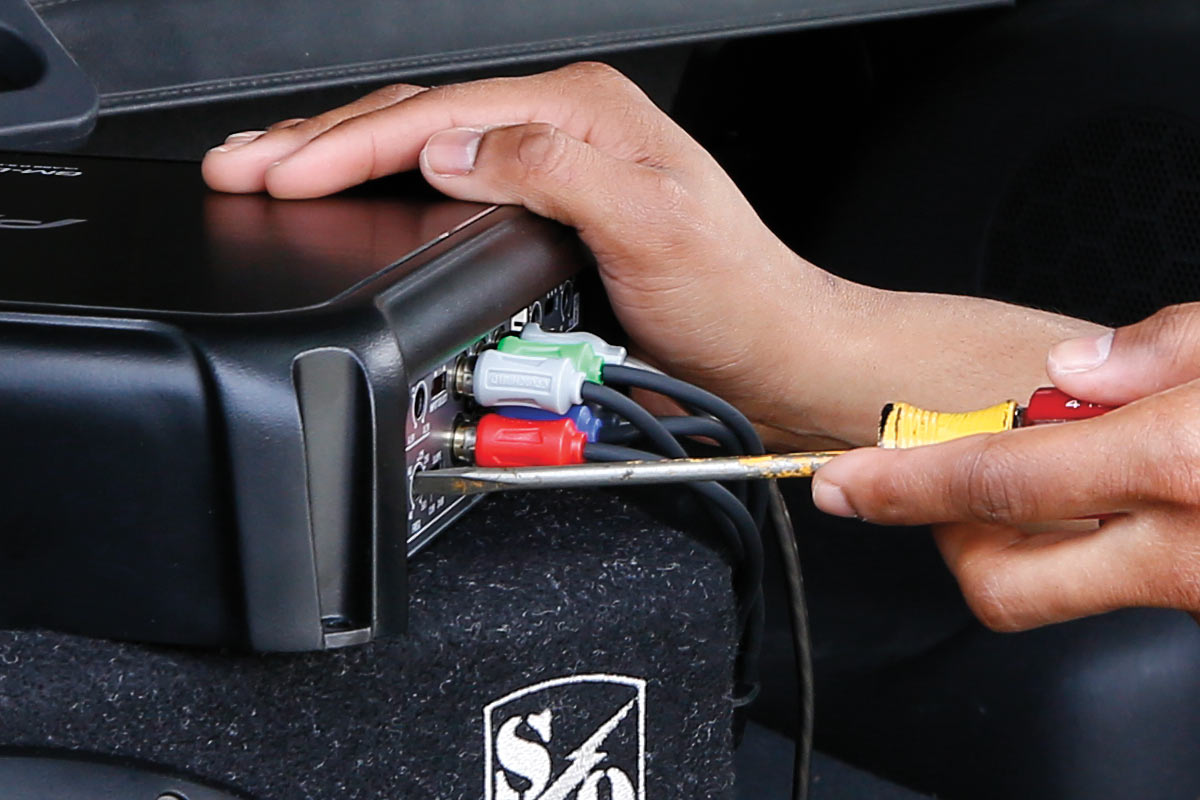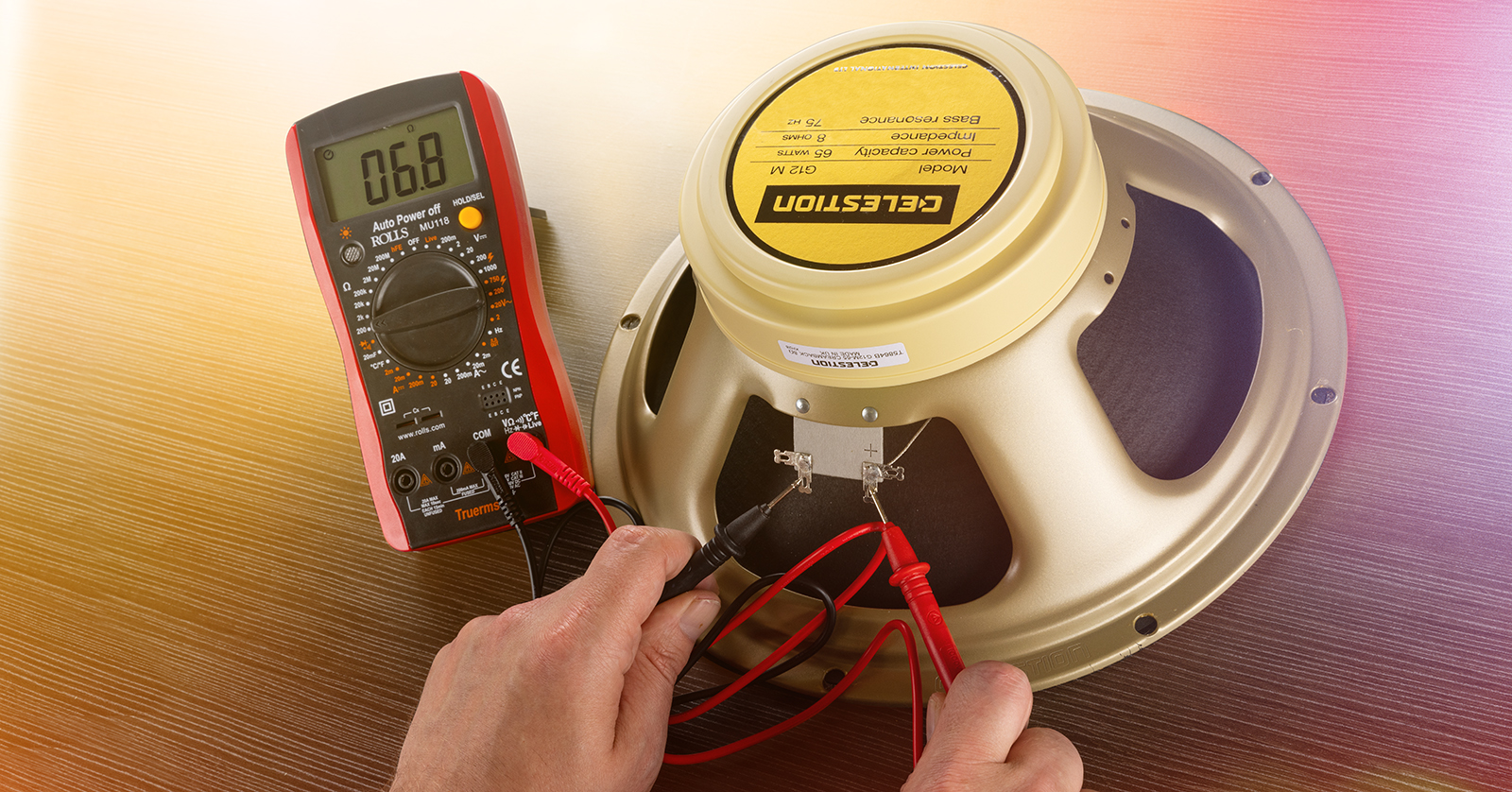If your car speakers make noise when the car is off, check for loose wires or debris causing interference, and ensure the connections are secure. It’s also recommended to inspect the speakers for any damage and consider replacing them if necessary.
Experiencing unusual sounds from your car speakers when the vehicle is turned off can be frustrating. It may indicate an underlying issue that needs attention. We will explore some easy and practical steps to help you troubleshoot and resolve this problem.
By following these tips, you can quickly identify and address the source of the noise, allowing you to enjoy a peaceful and quiet car interior when the vehicle is not in use.
Common Causes Of Speaker Noise
When it comes to speaker noise in your car, there are a few common causes that can disrupt the tranquility of your audio experience. Faulty wiring connections and interference from electrical components are a couple of the main culprits behind this irritating issue. In this post, we’ll take a closer look at each of these common causes and explore some easy fixes.
Faulty Wiring Connections
If the speakers in your car are making noise even when the car is turned off, one possible reason is faulty wiring connections. Poorly connected or frayed wires can create a pathway for electromagnetic interference, resulting in crackling or buzzing sounds. It’s important to check the wiring connections in your vehicle’s audio setup and ensure they are secure and free from any damage.
Interference From Electrical Components
Another common cause of speaker noise is interference from electrical components. This can occur when certain electronics in your car, such as the alternator or ignition system, generate electrical noise that interferes with the audio signal. The noise can manifest as a high-pitched whine or static-like sound coming from the speakers. To resolve this issue, you can try the following:
- Make sure the ground connections for the audio system are secure and free from corrosion.
- Check if the noise is present when specific electrical components are active, such as the air conditioning or headlights. If it is, you may need to install noise filters or isolators to suppress the interference.
- Consider using shielded audio cables to minimize the chance of electrical noise interference.
By diagnosing and addressing faulty wiring connections and interference from electrical components, you can minimize or eliminate speaker noise when your car is turned off. So, take some time to inspect your wiring and consider implementing the appropriate fixes for a much-improved audio experience.

Credit: www.crutchfield.com
How To Fix Speaker Noise
When you’re enjoying your favorite tunes on a long drive, the last thing you want to hear is annoying speaker noise. If you’ve noticed static, buzzing, or whining sounds coming from your car speakers when the car is off, there are a few simple fixes you can try to eliminate the issue. By following these easy steps, you can get rid of the unwanted noise and enjoy crystal-clear sound in your car.
Check And Secure Wiring Connections
Start by inspecting the wiring connections for your car speakers. Loose or damaged connections can cause interference and noise. Ensure that the connections are secure and free from any corrosion. If you find any damaged wires, replacing them can help eliminate the noise issue.
Install Noise Filter Or Ground Loop Isolator
If you’re still experiencing noise after checking the wiring, consider installing a noise filter or a ground loop isolator. These devices can help to reduce electrical interference and isolate the audio signal, resulting in cleaner sound output from your speakers.
Shield Audio Cables
Another effective way to tackle speaker noise is to shield the audio cables. Shielding can prevent external interference from affecting the audio signal, resulting in quieter operation. Consider using shielded cables for your audio connections to minimize the potential for noise.
Preventive Measures
Regularly Inspect Wiring Connections
Check the wiring connections of your car’s audio system on a regular basis. Loose or damaged connections can cause unwanted noise, especially when the car is off. Tighten any loose connections and replace any frayed or damaged wires promptly to prevent future issues.
Keep Electrical Components Away From Audio System
Avoid placing electrical components such as amplifiers and power inverters too close to the car’s audio system. The proximity of these components can cause interference and produce noise, even when the car is not running. Maintain a sufficient distance between these electrical devices and the audio system to minimize the chances of unwanted noise.

Credit: www.sweetwater.com
Professional Help
Experiencing noise from car speakers even when the engine is off? Seek professional assistance for easy fixes and solutions to resolve the issue efficiently. Find reliable experts to diagnose and address the speaker noise problem promptly.
If you’ve exhausted all the DIY options to address the noise coming from your car speakers when your vehicle is turned off, it may be time to seek professional help. Consulting an automotive audio expert can provide you with the expertise and solutions needed to fix the issue once and for all.Consulting An Automotive Audio Expert
When faced with persistent speaker noise even when the car is off, getting assistance from an automotive audio expert is a wise choice. These professionals possess the knowledge and experience necessary to diagnose and fix complex audio-related problems in your vehicle. They have access to specialized tools and equipment that can accurately assess the root cause of the issue. Whether it’s a faulty wiring connection, a malfunctioning amplifier, or any other underlying problem, an automotive audio expert will know how to tackle it effectively.One of the first steps they might take is a thorough inspection of your car’s audio system. They will check the wiring, speakers, and any connected devices for any signs of damage or incorrect installation. By identifying and rectifying any improper connections or wiring issues, they can eliminate the mysterious noises that plague your speakers when the car is off.Furthermore, these experts have a deep understanding of the various audio components found in today’s vehicles. With their expertise, they can provide guidance on the best solutions for your specific situation. They can recommend speaker replacements, suggest amplifier upgrades, or advise on proper insulation and soundproofing techniques to minimize external interference.It’s important to note that consulting an automotive audio expert not only ensures a potential fix for the speaker noise problem but also prevents any further damage that could arise from attempting repairs yourself. By entrusting the task to a professional, you can have peace of mind knowing that they have the necessary skills to handle any complex audio-related issues your car may be facing.Don’t hesitate to reach out to an automotive audio expert if your car speakers continue to make noise when the vehicle is turned off. With their specialized knowledge and experience, these professionals can provide the solutions needed to restore tranquility to your driving experience. So, rather than spending valuable time and effort on unsuccessful DIY attempts, seek professional help and get back to enjoying a quiet and enjoyable ride.
Credit: www.gq.com
Conclusion
To sum up, resolving the issue of speakers making noise when the car is off doesn’t have to be a complex task. By checking the car battery, inspecting the wiring connections, and ensuring proper grounding, you can easily troubleshoot and fix this problem.
Remember to consult a professional if needed. With these simple remedies, you can enjoy a noise-free audio experience in your car, even when the engine is not running. Happy travels!


